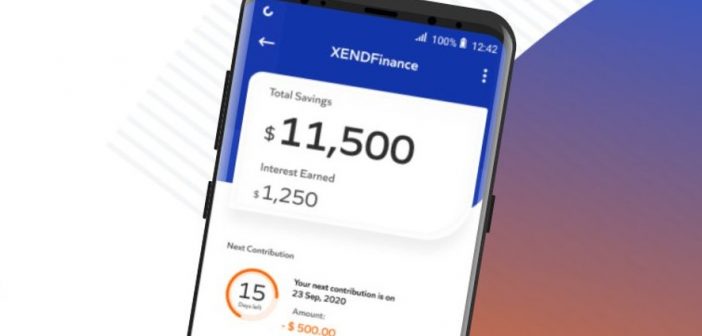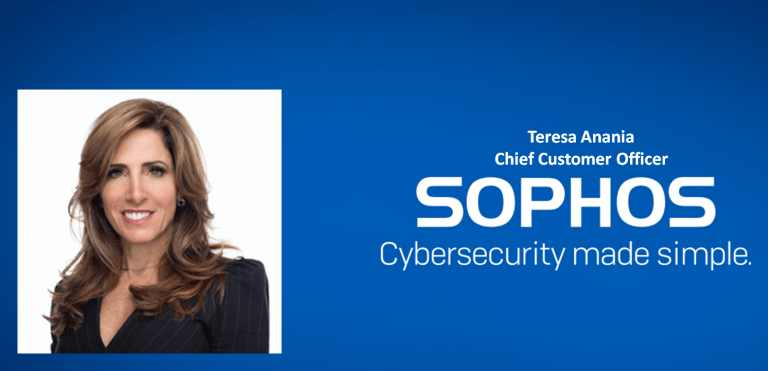Banks are collaborating to develop a digital wallet that will compete with PayPal and Apple Pay.

According to recent reports, seven of the biggest names in banking, including Bank of America, JPMorgan Chase, and Wells Fargo, are working on a digital wallet that will allow people to shop online.
Since PayPal and Apple Pay enticed hundreds of millions of users to their digital wallets, big banks have been looking for ways to entice them back into services they control. One of the driving motivations behind the development of this new digital wallet is to prevent banks from ceding customer relationships to large tech firms such as Apple.
While online payments may be the primary driver, banks are said to be concerned about Apple’s expansion into broader financial services, including a reported collaboration on a savings account with Goldman Sachs Group Inc.
The banks are collaborating with the money-transfer service Zelle to develop this new digital system, which will allow customers to pay at merchants’ online checkouts using a digital wallet linked to their credit and debit cards. Rumors suggest that it will be available in the second half of 2023, with more than 150 million customers eligible to use it. The wallet will be launched with Visa and Mastercard debit and credit cards, with the intention of expanding to other card networks in the future.
Early Warning Services LLC (EWS), a company owned by the banks that currently operate the Zelle service, will manage the digital wallet. According to reports, the new wallet will be separate from Zelle.
It should come as no surprise that these banks are interested in digital wallets. With mobile payments becoming more common across industries and digital wallets becoming more popular with customers, especially among younger generations, it makes good business sense to get on board.
The advantages of using digital wallets are numerous, which is why both startups and large corporations are utilizing them to broaden their scope of operations and attract larger audiences. Quick withdrawals, especially when they can happen the same day, are one of the major advantages, which is why they are popular in industries such as gambling. Quick withdrawals are critical to a smooth user experience for those who play online casino games, especially since any delays in withdrawals may result in players betting their winnings again.
Uber is another company that has jumped on the digital wallet bandwagon. Uber Money, which includes a digital wallet, enables digital payments to ensure the wellbeing of both riders and drivers by limiting unnecessary physical contact and creating a stress-free mode of transportation.
The specifics of how the new system will work are still being worked out, but it is expected that customers who use their wallet will not have to type in their card numbers. Instead, the merchant would be given a tokenized number. This is done to reduce the risk of fraud and rejected payments, which result in lost sales.
For merchants, this new wallet would reduce cart abandonment by simplifying the checkout process to a few clicks.
Should Apple be concerned? Apple Pay is the current market leader in digital wallets, with 48.7 million users expected in the United States by 2023, with one in every six customers using it at least once a month. This new digital wallet will not be their first competitor, as they already have one in the form of Google Wallet. While Meta and Samsung are competitors in the space, neither has achieved the same level of market traction.
In the past, American banks have been chastised for being slow to introduce new and innovative services, let alone a joint wallet, but having a potential customer base of 150 million is certainly a good starting point. Consumers, according to feedback, prefer to use payments from trusted financial institutions, particularly those that offer a secure and simple method of payment while also delivering better business outcomes for merchants. So it will be interesting to see how this new digital wallet evolves and performs, as well as whether or not it truly poses a threat to its competitors.







